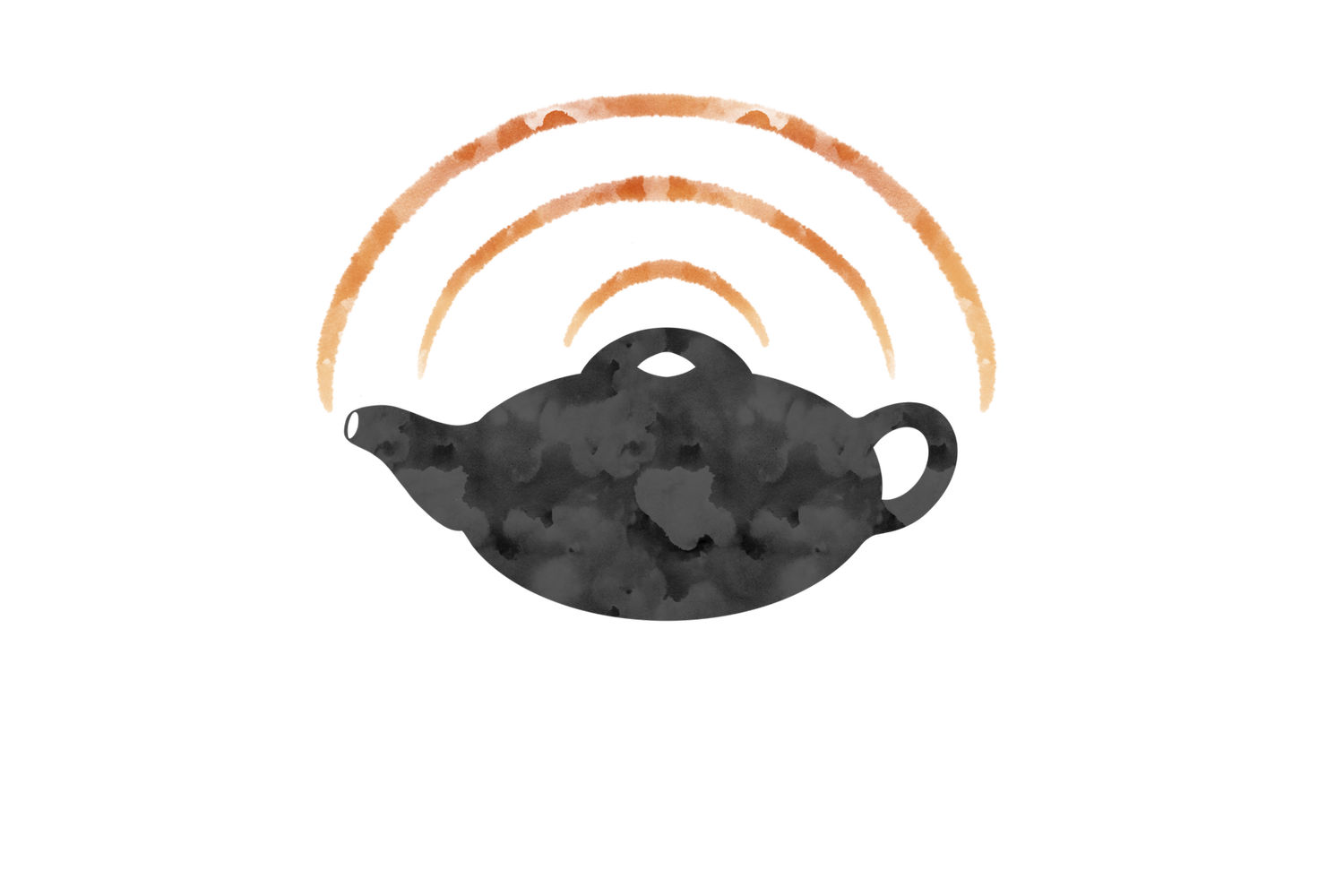Dealing with Social Media Hate
On the Internet, ignorance is malice.
Let me preface this, because nuance is critical. I am talking about online articles, documentaries, comments, posts, and any other media that wilfully ignore scientific evidence, refuse to do reliable research, and shut out those with lived experience or proper qualifications.
Hanlon’s razor is a mental model that is summarised in the words of Napoleon Bonaparte:
‘Never ascribe to malice that which is adequately explained by incompetence.’
I truly believe that bad intentions are rare. Rarer than incompetence and naivety, certainly. But not on the internet. Not when it is all too easy to take anger out on somebody from behind a keyboard. To anonymously hurt people, usually vulnerable people, is not thoughtless incompetence or understandable naivety, and it is all too common.
To be on the receiving end of these kinds of comments, or to stumble across this kind of media, is a difficult process. Assuming the worst in someone isn’t good for us, and acting on these assumptions doesn’t give the other person a chance to be better. We can never know the intentions of everyone we meet, and it is often sensible to question whether emotions like anger, frustration, and sadness are justified before we act on them. So, to respond in the hopes of an open discussion should be common practice, because it means we are giving people the chance to unlearn damaging narratives they might not have questioned before, whether they are malicious or not. Unfortunately it is not that simple, especially when vulnerable people are targeted. Even when responding to these comments in a sensible way, free from anger or upset or frustration, kindness and genuinely good intentions sometimes come across the web as condescension and disdain, and the interaction goes from bad to worse. It should not be up to individuals to spend time and energy educating strangers who, naive or not, present themselves with unkindness. It is not fair to expect the people most affected by this kind of abuse to be the ones to deal with it.
Social Media sites like Instagram have technology to flag sensitive material, so why can’t they use that same technology to protect the creators that give their platforms a purpose? I heard Hank Green say that social media is no longer a place we visit, it is a place where we live. They have their own cultures, rules, they are as powerful as countries in their ability to influence, and yet they are not democratic. Instagram have acknowledged the fatphobia, ableism, racism, queerphobia, homophobia etc that their algorithm fosters. Many of their users have begged for change in the community guidelines to create a safer environment for themselves or, if they are creators, their audiences. Instagram has promised to do better- and yet? Here we are. I am a disabled woman volunteering my experiences and creating resources for free, in the hopes of helping others. Yet I am not protected from the ableist slurs, DMs, and comments I receive. The trouble is that social media is inherently unethical because the companies running these platforms profit from rage theatre and insecurities.
As long as companies profit from online abuse, they won't do enough to stop it.
They themselves demonetise videos with the word 'lesbian', shadow ban disabled or ethnic majority creators, and allow fatphobia, sexism, homophobia, ableism, anti-semitism, racism, diet culture, rape culture, etc, to run rampant. Because people get angry at these things, and angry people engage more, and that makes the platforms money... There should be real people moderating these platforms, real consequences for people who break the community guidelines, and real metrics to measure how much harder it is for creators who are part of minority groups to exist on social media.
In a time of the internet, where knowledge and education are quickly and easily accessible, to act on thoughtlessness, to comment or post without prior research, or to run a community based platform without enforcing safety guidelines… This is not ignorance or naivety. It is malice.

